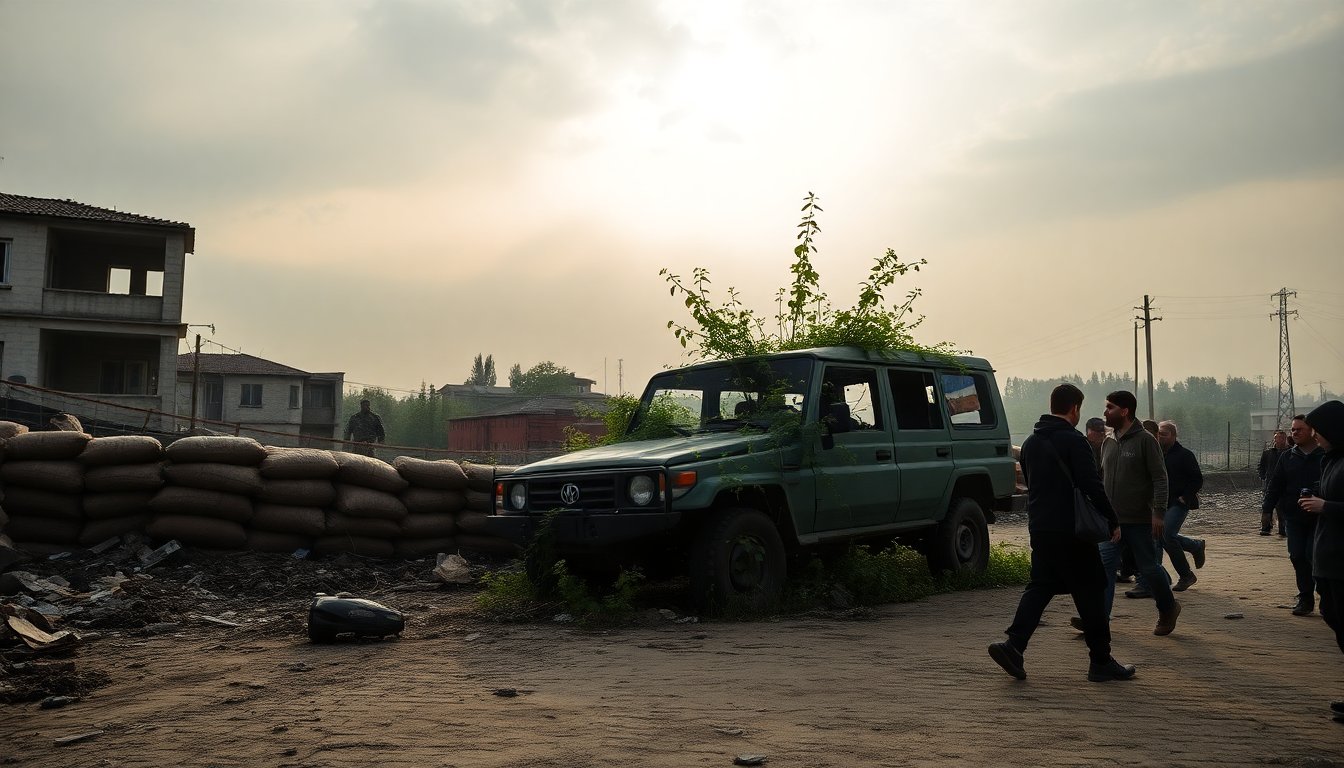Table of Contents
As the conflict between Russia and Ukraine extends into its 1,313th day, tensions remain high. The ongoing war has prompted significant shifts in military strategies and political rhetoric, reshaping Eastern Europe’s landscape. Recent comments from Ukrainian President Volodymyr Zelenskyy have ignited discussions, particularly his remarks directed at Russian officials regarding bomb shelters.
Insights from the Kremlin’s perspective
In a recent broadcast on Russian state television, spokesperson Dmitry Peskov analyzed Zelenskyy’s statements. Peskov portrayed the Ukrainian president’s threats as a tactical move, suggesting that Zelenskyy aims to project courage to European allies, whom he labeled the “breadwinners” of Ukraine’s efforts. According to Peskov, this bravado appears to reflect a deteriorating situation for Ukraine on the battlefield.
The implications of Zelenskyy’s statements
By asserting that Kremlin officials should be aware of their bomb shelters, Zelenskyy sends a dual message of resilience and defiance. This declaration serves to bolster morale among Ukrainian forces and supporters despite the challenges they face. The implication that the *Kremlin* should prepare for potential consequences signifies a narrative shift, with Ukraine striving to demonstrate strength in adversity.
A deteriorating frontline situation
Peskov’s assertion of a declining situation for Ukraine underscores the ongoing challenges faced by its military. Analysts report that frontlines are increasingly difficult for Ukrainian troops, who are engaged in intense battles against Russian forces. This situation extends beyond military tactics, influencing the political landscape and international community’s responses.
International reactions and support
The involvement of European nations as key supporters of Ukraine has garnered attention, particularly in light of Peskov’s remarks. His characterization of Europe as *breadwinners* highlights Ukraine’s dependence on international aid and military assistance. As the conflict continues, the dynamics of this support may shift, impacting Ukraine’s strategic navigation.
Moreover, the situation could encourage European leaders to reassess their positions on military aid. As the war persists, the humanitarian crisis deepens, necessitating an effective global response. The interplay between military assistance and diplomatic negotiations remains crucial for resolving the conflict.
The war in Ukraine, now extending into its 1,313th day, continues to evolve with complex layers of military action and political dialogue. Zelenskyy’s statements and Peskov’s responses underscore the ongoing battle not only on the ground but also in public perception and international relations. As both sides brace for upcoming challenges, the future remains uncertain, yet the resilience of the Ukrainian people and their leadership is unmistakable.


